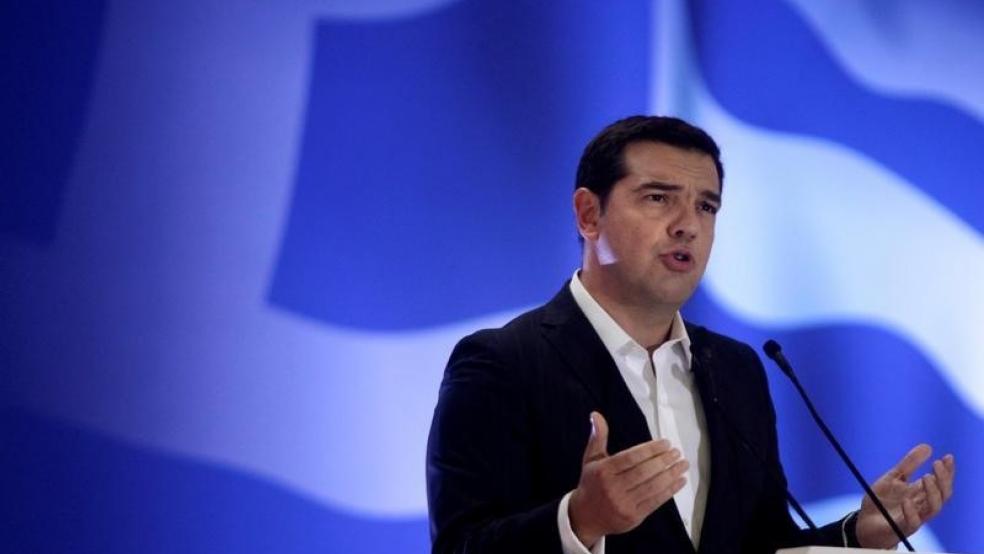ATHENS (Reuters) - Greek Prime Minister Alexis Tsipras has found a precious commodity he hopes can help him and the nation turn a corner after years of crisis and austerity -- time.
Since taking power in early 2015, he has spent most of his days and nights in firefighting mode, battling Greece's creditors to renegotiate the harsh terms of a series of bailout deals.Now, though, Tsipras and his ministers have more time at last to function like the government of a normal country, pinning their hopes for recovery from a long depression on more investment and jobs, after negotiating a ceasefire with the European Union and International Monetary Fund in June.Despite scepticism among voters, investors and Greece's lenders, Tsipras is trying hard to position himself as a post-crisis leader who can steer the country out of the bailout program next year in time for elections due in 2019.The 43-year-old leftist acknowledged this week that the crisis was not over, but expressed optimism about the rest of his term. "In a year from now ... we will have left the bailout behind and we will have one more year, the most creative of our term, to materialize our plan for a 'new' Greece," he said.Still, two final rounds of negotiations remain before the current bailout deal ends in August 2018. Many Greeks, worn down by austerity policies including pension cuts and tax increases dictated by the creditors, have yet to be convinced. Tsipras's Syriza party is trailing in the opinion polls.Nevertheless, Tsipras has been using a calm that Greece has rarely enjoyed since 2015, when he was first elected on promises to end austerity, to push through reforms other than those prescribed by the lenders and to schmooze with investors.Foreign direct investment hit a seven-year high in 2016, while Greek bonds and stocks have rallied 12 and 18 percent respectively so far this year. The IMF and the EU forecast the economy will grow by more than two percent both this year and next after the depression wiped a quarter off Greek GDP.For all his pre-election pledges to scrap the bailout, Tsipras has ended up imposing more belt-tightening. At least Greeks are starting to see improvements in long neglected infrastructure, largely funded by the EU. The government has opened two motorways this year, including a link to Patras, a major ferry port for trade with Italy and the rest of the EU. This completed a project that had been stalled for years and replaced one of Greece's most dangerous roads. The jobless rate has also dropped, but is still the euro zone's highest. OUT OF THE BASEMENTUntil June, when Athens struck the deal with the lenders on reforms and debt relief, the cabinet met infrequently; debate was dominated by the bailout talks and ministers with portfolios not directly connected to them rarely got a word in edgeways, one government official said. Since then ministers have found time to work on bills including education and health reforms."It's liberating," one minister said. Many cabinet colleagues and officials had spent much of the past two years holed up in bailout talks at the Athens Hilton hotel. "You need to emerge from the Hilton basement at some point."The government has also stepped up private meetings with potential investors, officials said, while Tsipras created a task force this month to free up more projects tangled in red tape.Some investors nevertheless still doubt Tsipras can pull off an economic turnaround."There is an inconsistency in the message the prime minister is delivering and the actions of the ministries," George Burns, chief executive of Canadian miner Eldorado Gold CorpAs crisis ebbs, Tsipras promises doubters a 'new' Greece

ALKIS KONSTANTINIDIS



